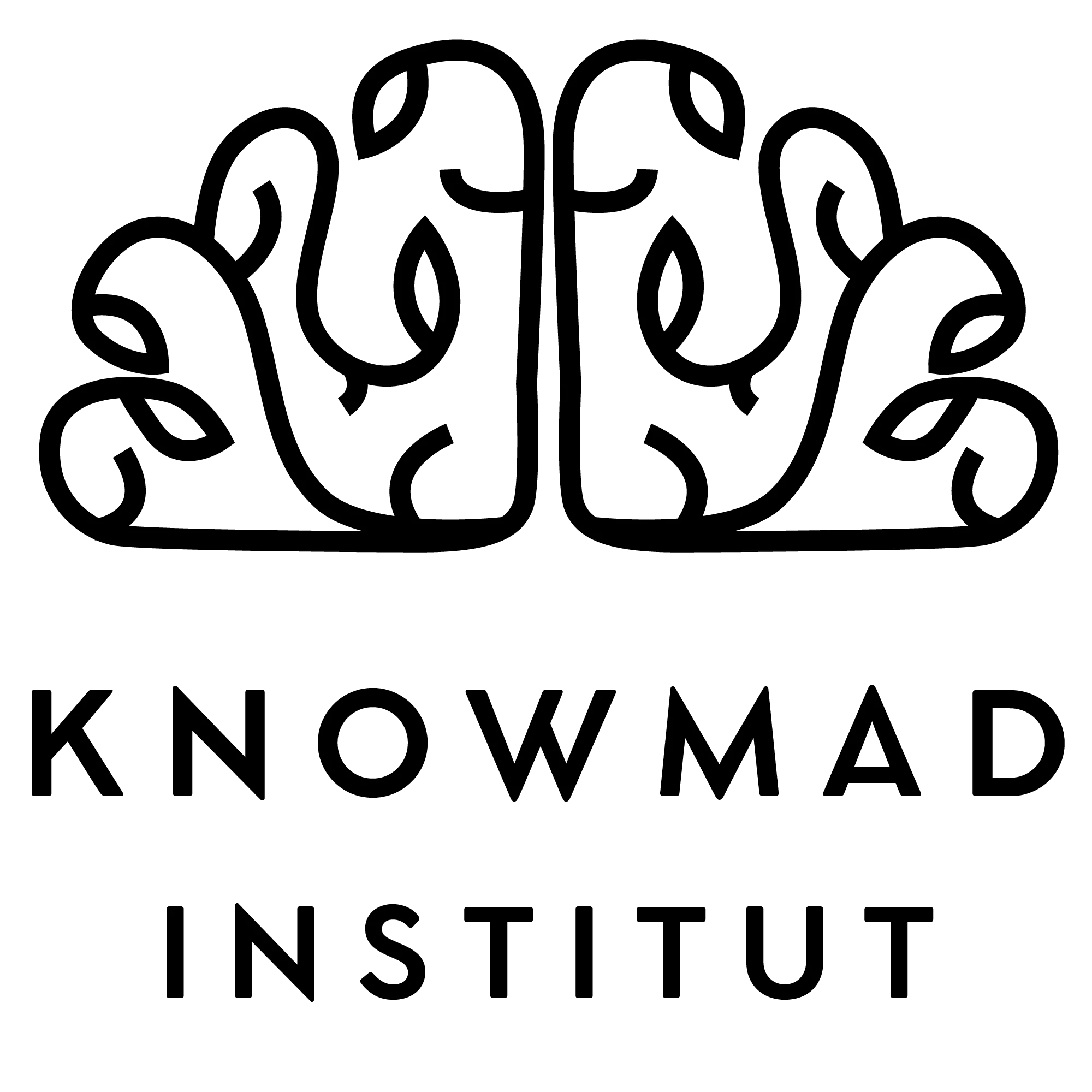Art as a Medium for Dialogue on Drug Policy in Mexico City

On October 3, 2024, “Bodegón del Vicio” by María Portilla opened at LAGUNA, combining art and reflection on drug policy. Supported by the Knowmad Institut and IAPA, both Rome Consensus 2.0 members, the event included a panel discussing the need for inclusive, dignity-based drug policies. Experts addressed stigma, harm reduction, and the legal implications of drug use, echoing the Rome Consensus 2.0’s principles of health-focused approaches over criminalization.
Thom Browne in Berlin: Joining Forces Against the Global Threat of Synthetic Drugs
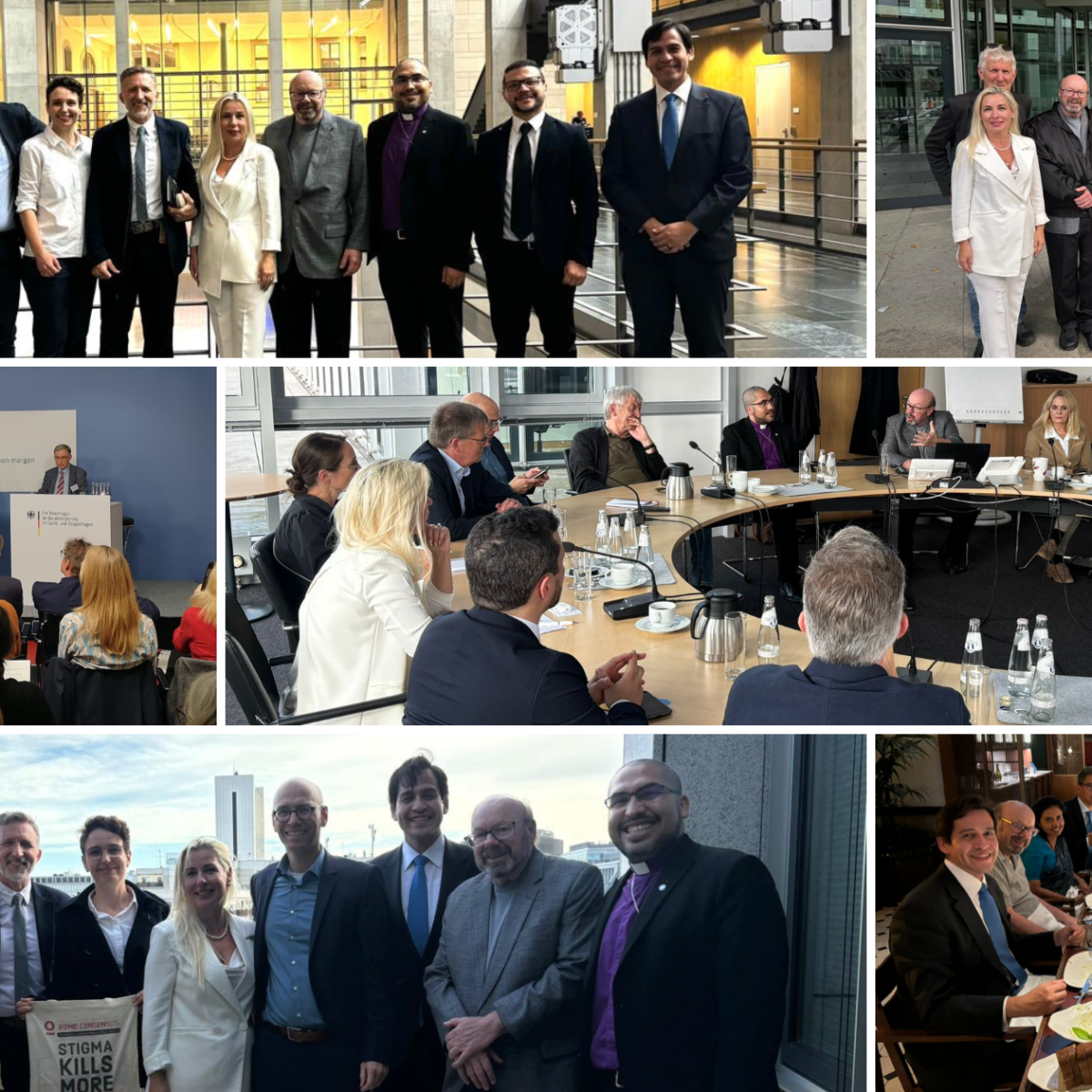
Thom Browne’s visit to Berlin, CEO of the Colombo Plan, marked a critical point in the fight against new psychoactive substances and synthetic opioids. Organized by C4 Recovery Foundation, C4 Consulting, and the Knowmad Institut, members of Rome Consensus 2.0, the event strengthened international collaboration to confront a crisis impacting countries globally. Browne’s message was clear: a coordinated global response is needed to prevent a public health crisis of immense proportions.
The Role of Institutional Subscribers in Promoting Open Science

At the Journal of Multidisciplinary Studies in Human Rights & Science (JMSHRS), institutional subscribers are vital to our mission of advancing open science. These subscribers, which include leading universities, national libraries, and specialized research centers, act as key conduits for disseminating high-quality, peer-reviewed research across the globe. By providing thousands of scholars, researchers, and students with unrestricted access to JMSHRS’s content, these institutions play a crucial role in breaking down barriers to knowledge, fostering collaboration, and driving forward multidisciplinary innovation.
The UN Convention on Cybercrime: A Critical Analysis of its Risks to Human Rights

The recently approved UN Cybercrime Convention marks a significant step forward in the global fight against cybercrime. However, it also raises serious concerns about the balance between digital security and human rights. This article delves into the convention’s implications, highlighting the potential risks to digital liberties and the need for robust safeguards. Through the active participation of the Knowmad Institut and a coalition of global organizations, we explore how to ensure that this legislation becomes a pillar of a safe and just internet, rather than a tool of repression.
Deliberations of the Ad-Hoc Committee on Cybercrime: Progress and Key Proposals
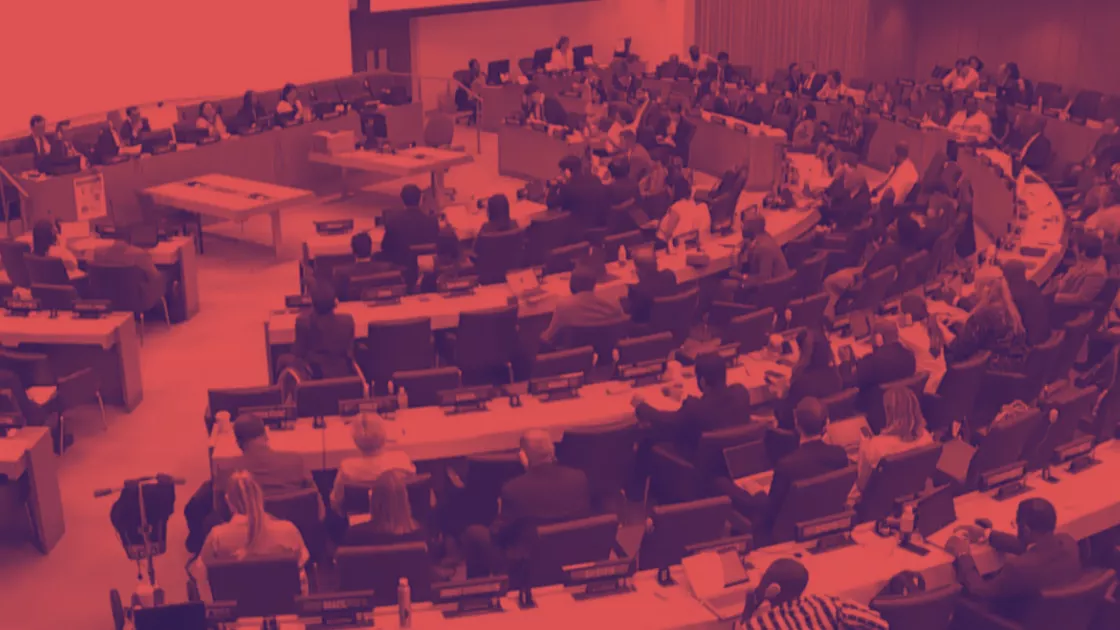
During the recent sessions of the Ad-Hoc Committee on Cybercrime, various countries have presented significant proposals to reach a consensus on the list of crimes to be included in the international legal framework. The debates have been intense but focused on balancing diverse perspectives, highlighting the importance of international cooperation to effectively address cybercrime.
Joint Statement of Knowmad Institut, C4 Recovery Foundation, Misión Sacerdotal, sva.
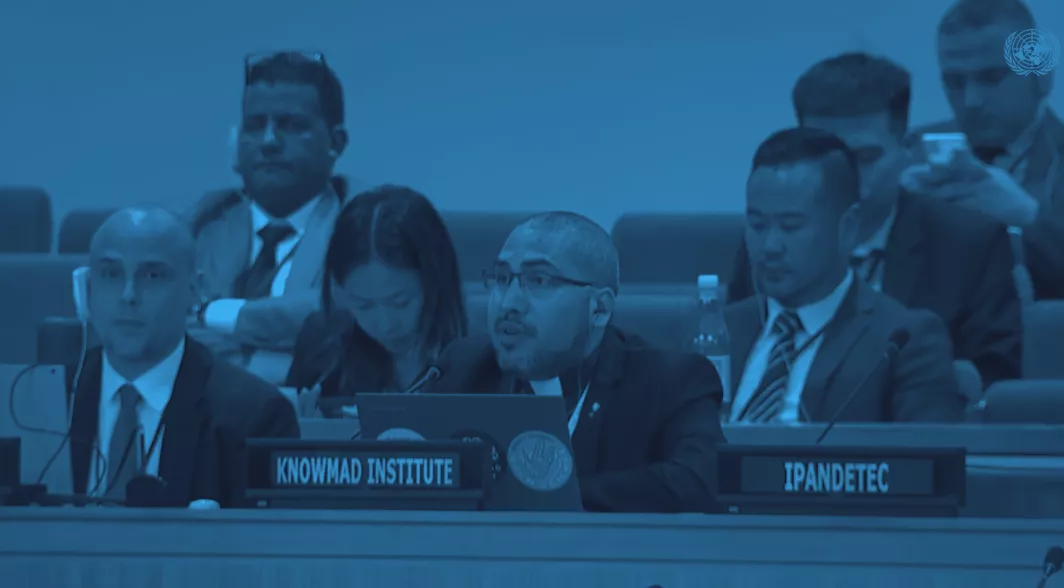
On behalf of the Knowmad Institut, the C4 Recovery Foundation, and the Misión Sacerdotal – sva, we are honored to present this joint statement. Our recommendations carry the voices of the most vulnerable populations and seek to ensure that the Convention balances the fight against cybercrime with the fundamental principles of human rights, international cooperation, and sustainable development.
Protecting Human Dignity in the Fight Against Cybercrime: Joint Statement from the Knowmad Institut
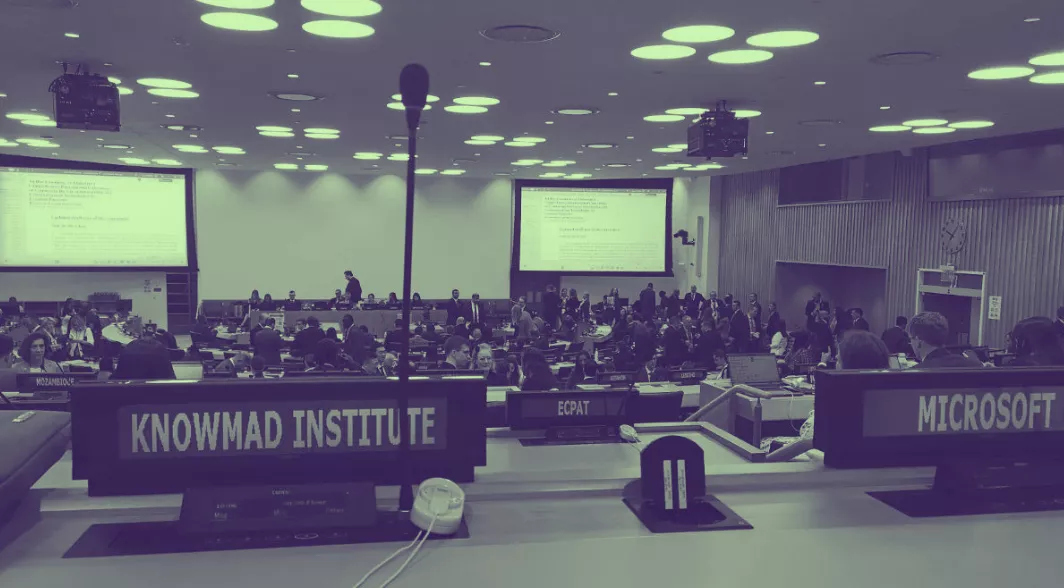
The Knowmad Institute, along with the C4 Recovery Foundation and the Priestly Mission, has presented a joint statement to the Ad Hoc Committee, highlighting the need to balance the fight against cybercrime with the protection of fundamental human rights and promoting international cooperation and sustainable development.
Key Articles Under Discussion: Initial Days of the Concluding Session of the Ad Hoc Committee on Cybercrime
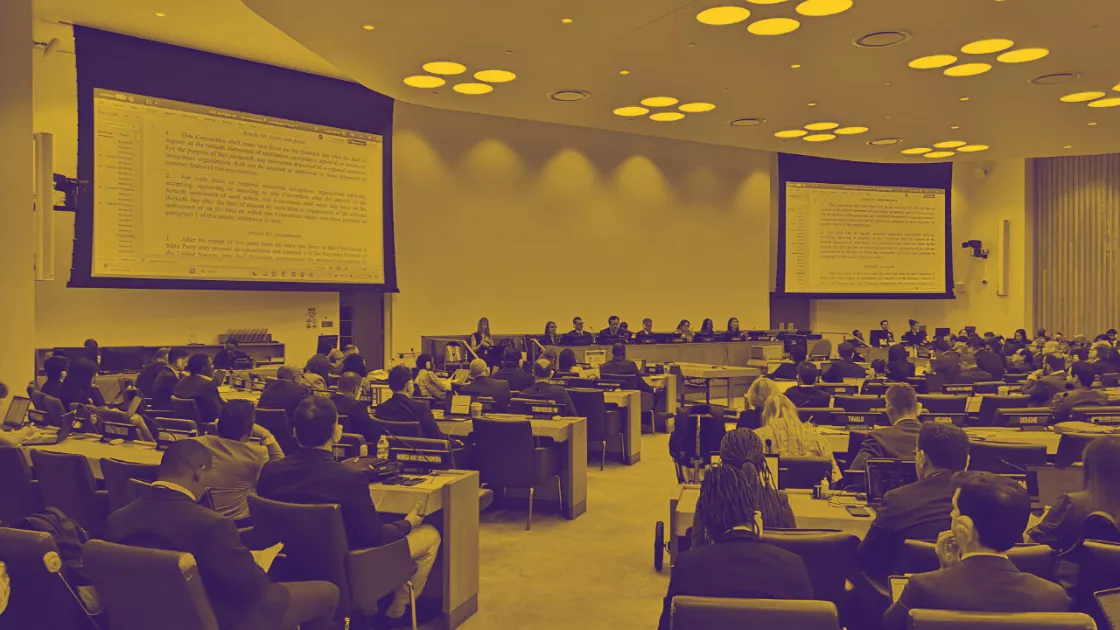
The first two days of the concluding session of the Ad Hoc Committee on Cybercrime were filled with intense debates and various proposals on the updated draft of the convention. The discussions reflected the different perspectives of participating countries and civil societies, highlighting the need to balance security, human rights, and international cooperation.
Balancing Cybercrime Prevention and Human Rights: A Comparative Analysis of Key Documents
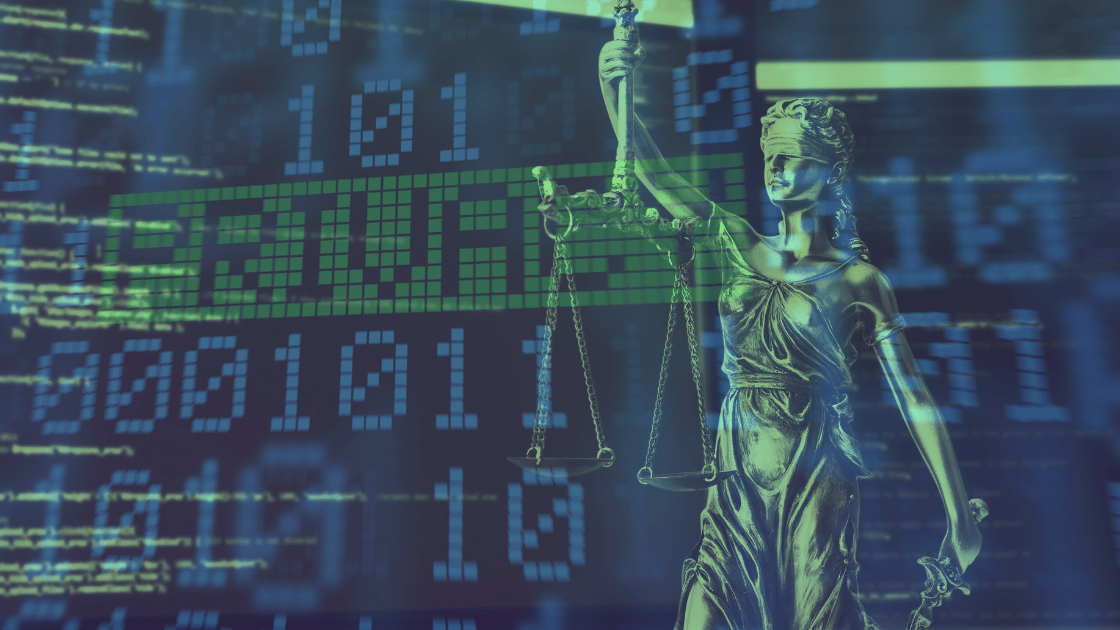
Balancing cybersecurity with human rights protection is essential. This post compares recommendations from the Knowmad Institut, OHCHR, and Microsoft, highlighting shared concerns about privacy, security, and international cooperation. These documents provide a foundation for policies that effectively combat cybercrime while respecting fundamental rights.
Improving Cybersecurity While Safeguarding Human Rights
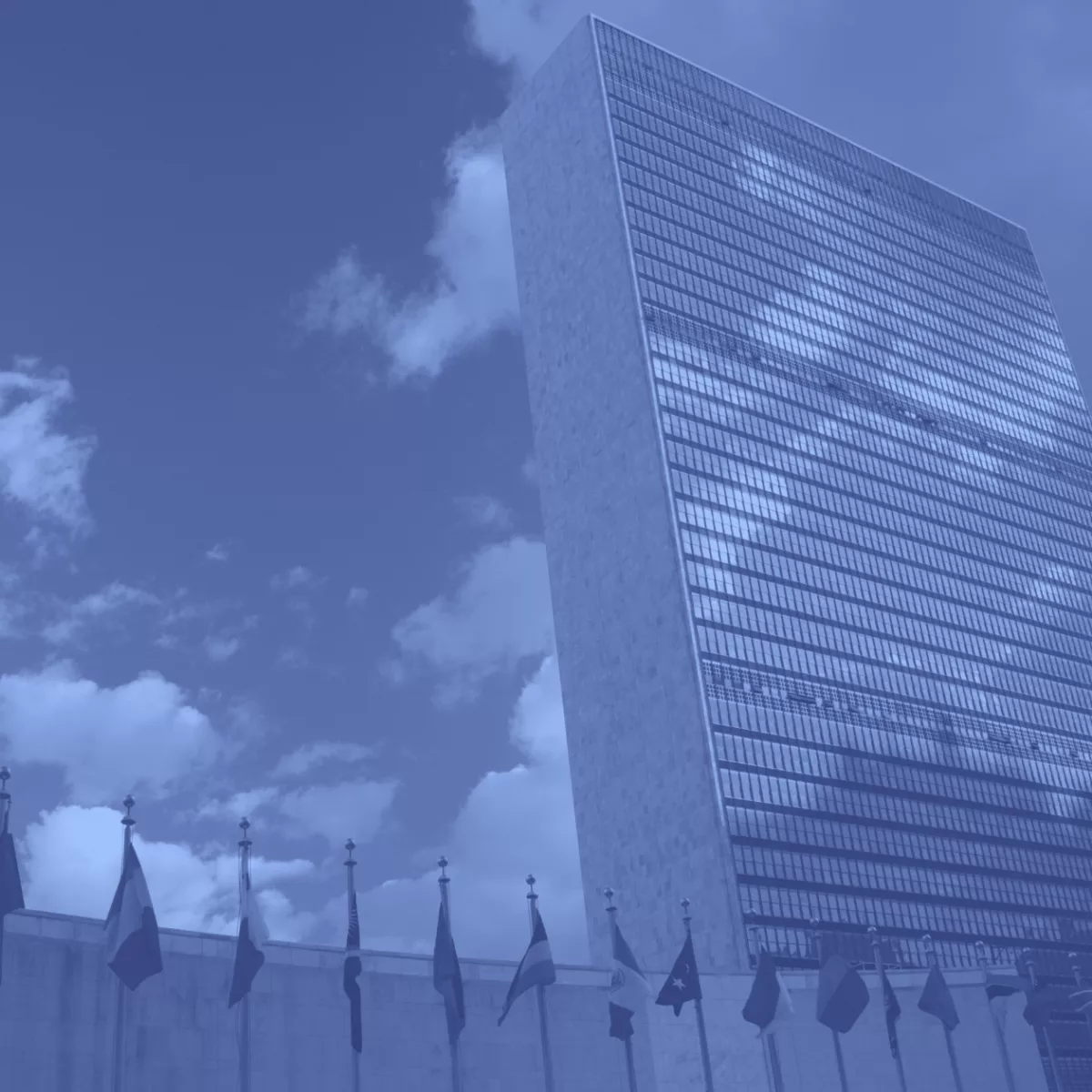
Discover how cybersecurity contributes to safeguarding human rights with recommendations from the Knowmad Institut to the UN Ad Hoc Committee on Cybercrime.
